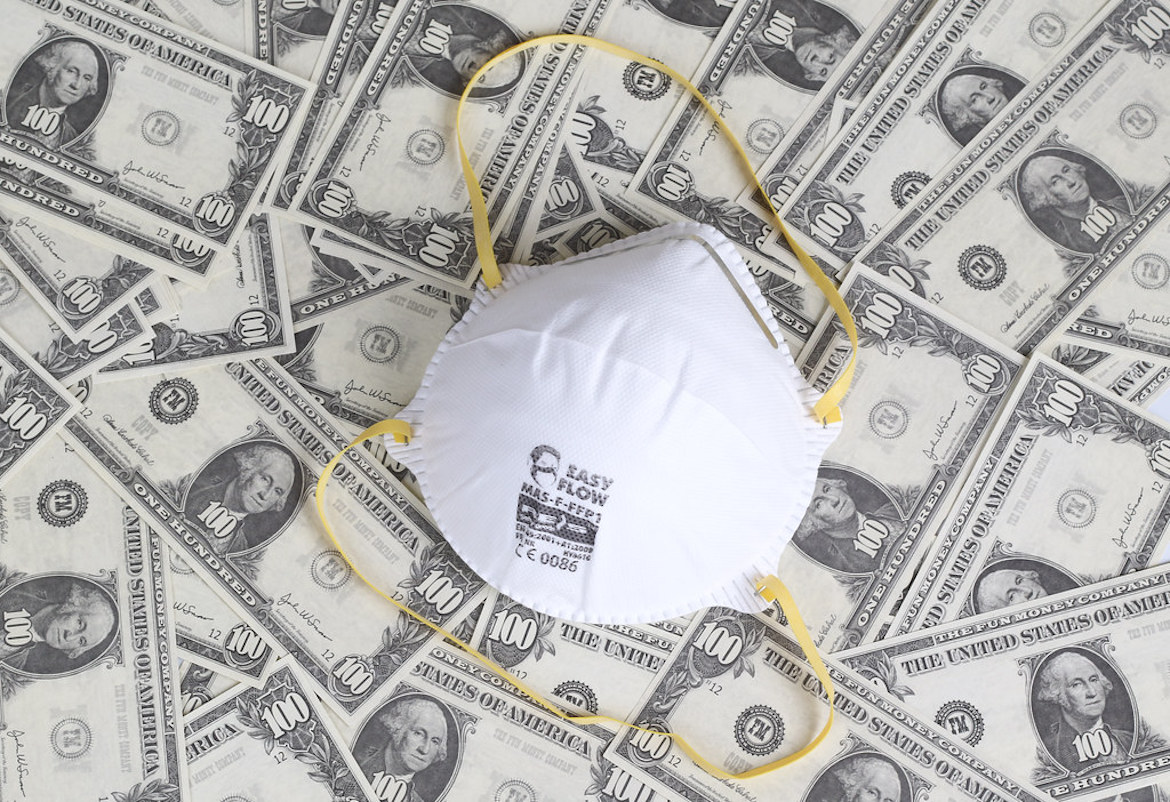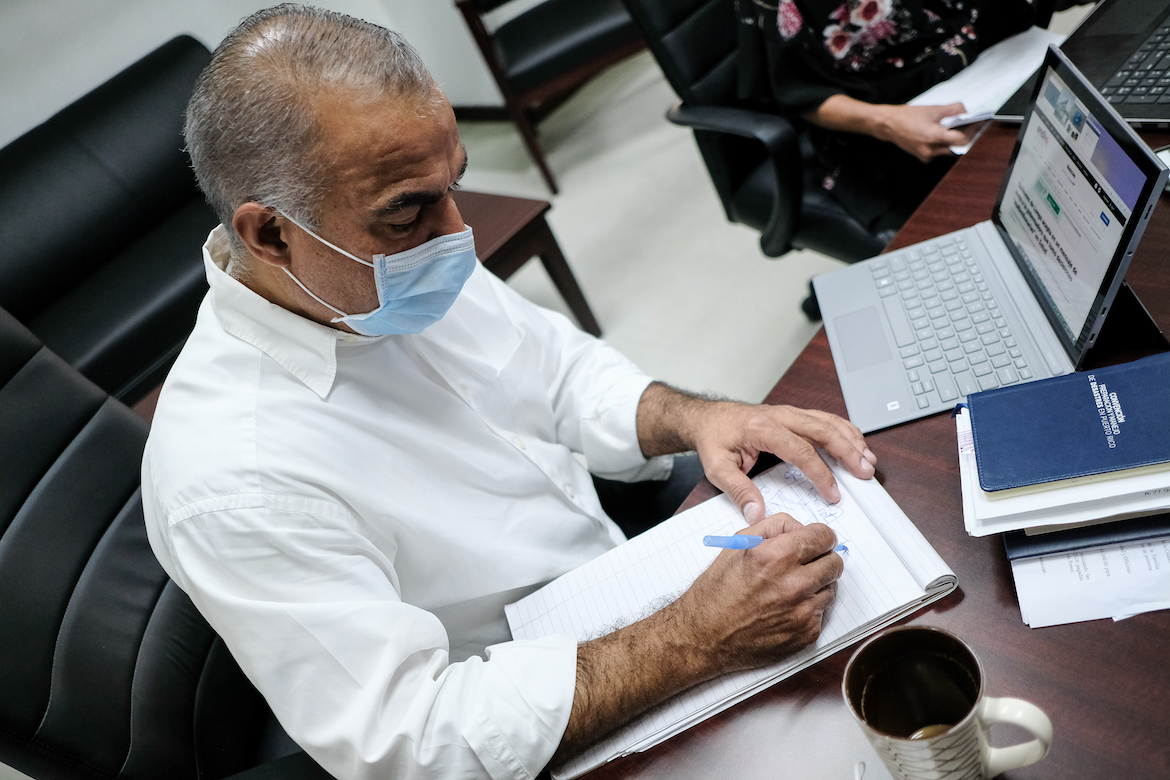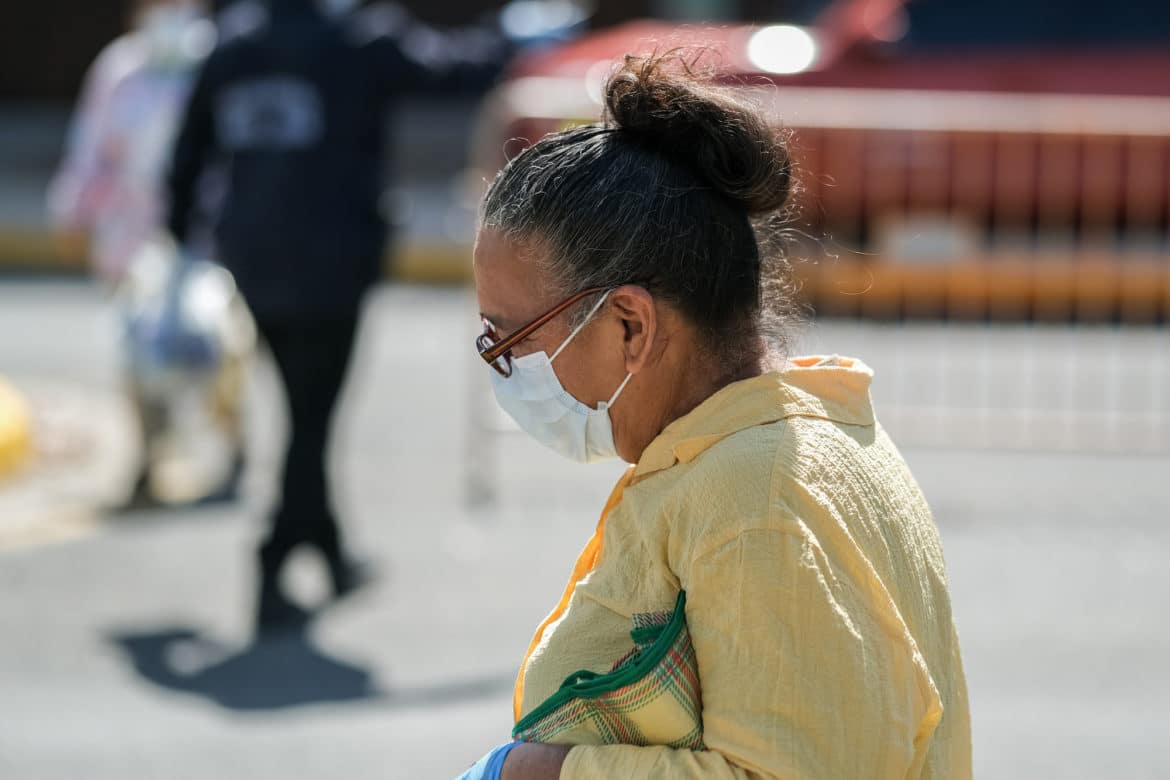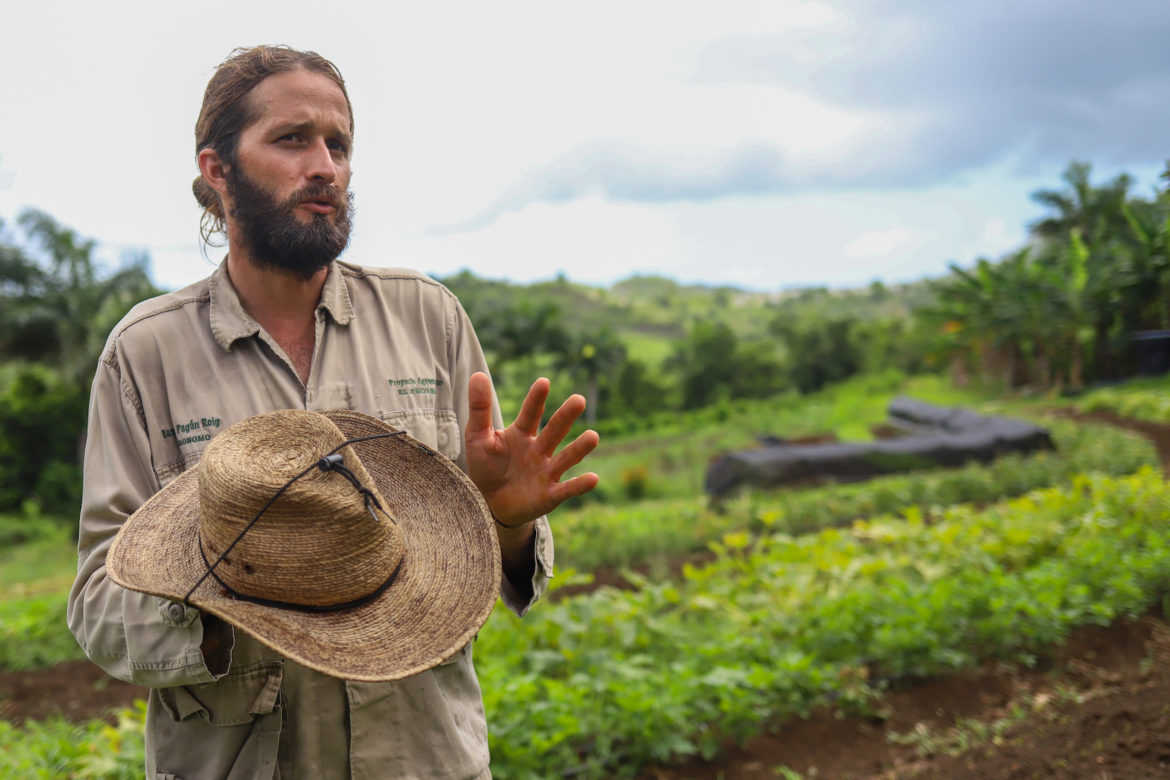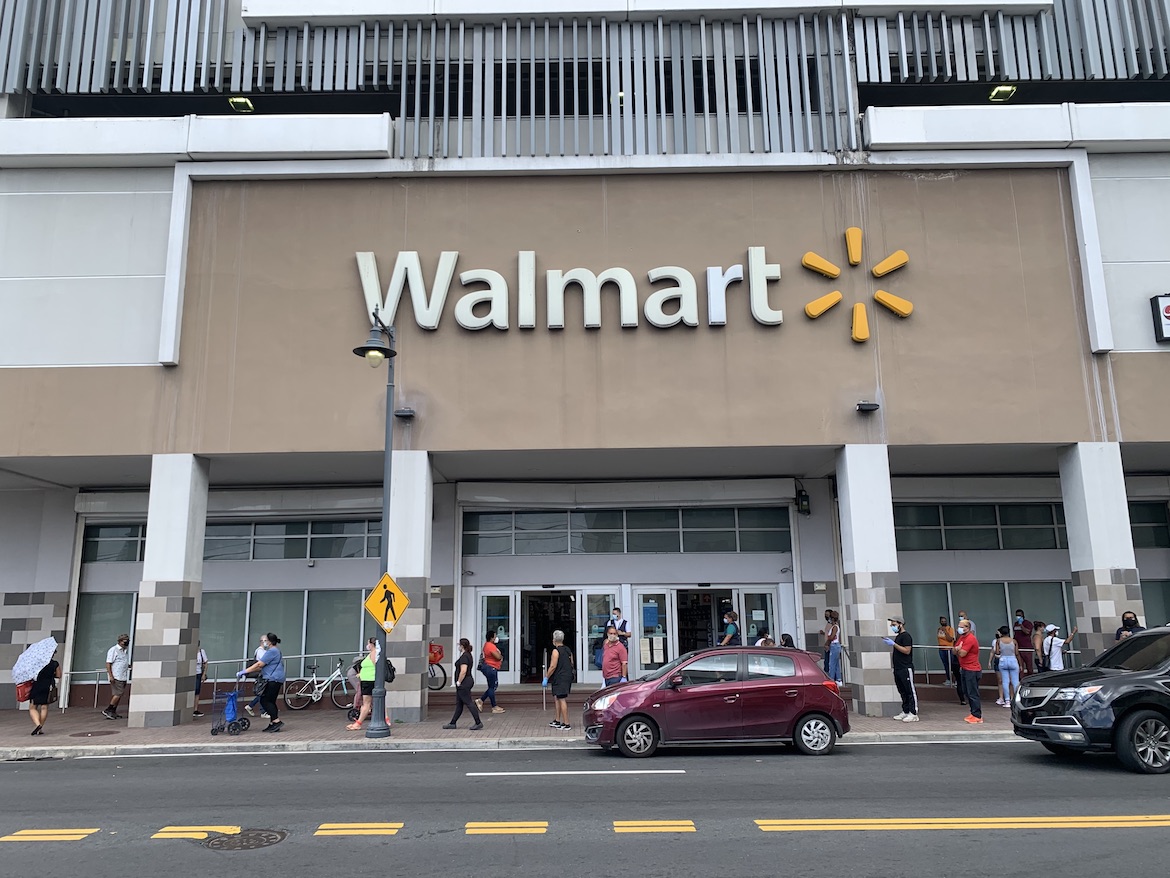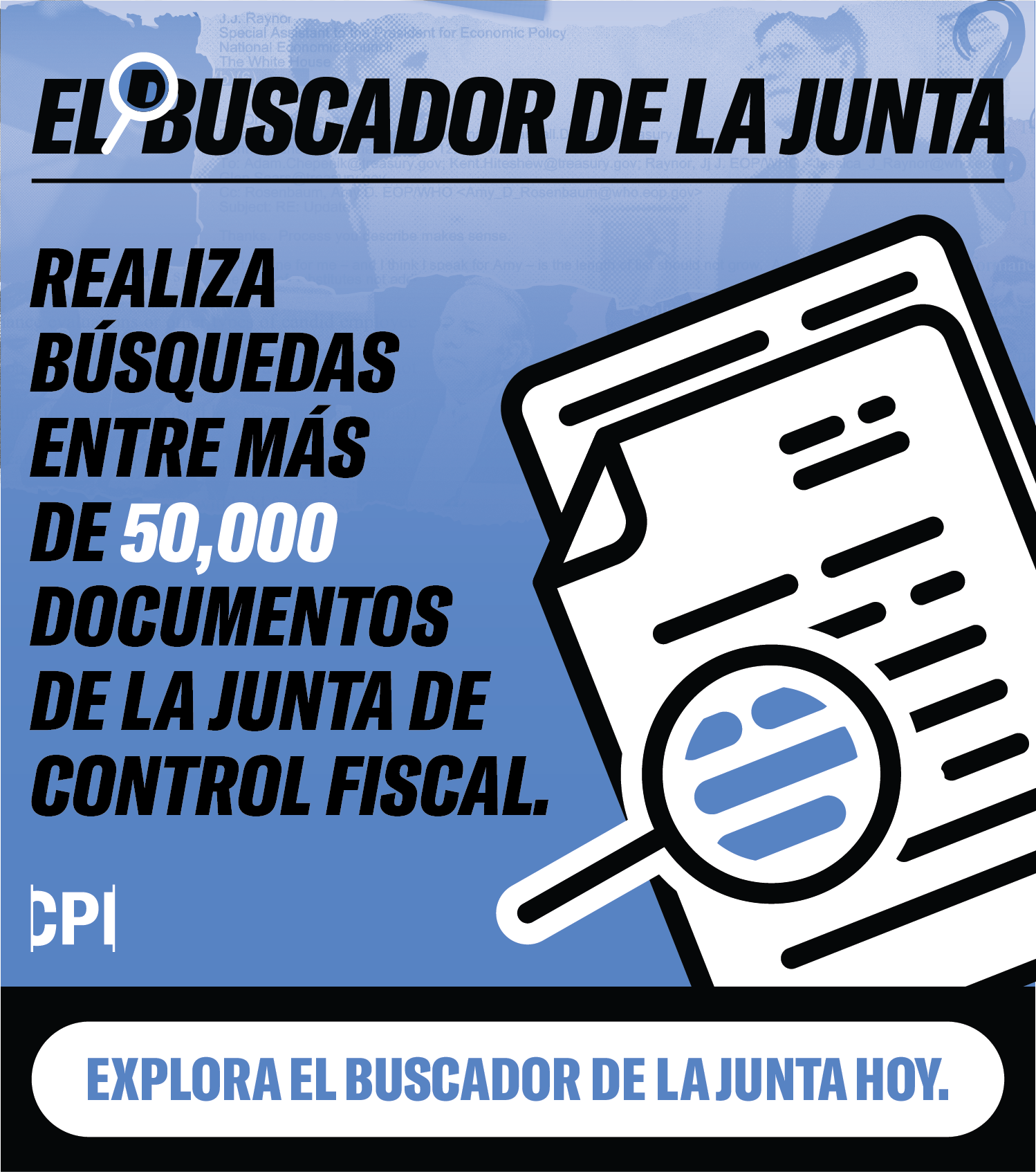The Facebook Journalism Project announced today it is awarding $16 million in funds to support the operations of more than 200 news organizations in the United States and the territories. Among those selected is the Center for Investigative Journalism (CPI, in Spanish), which will receive a contribution of $100,000 for its coverage related to the coronavirus pandemic through investigations, fact checking and litigation. The CPI was chosen among 2,000 news outlets that competed for the COVID-19 Local News Relief Fund Grant Program. Almost 40% of the media outlets selected are digital publications and just over one-third are nonprofit entities. Campbell Brown, vice president of global news partnerships at Facebook, said about the staff of the selected entities that: “Not only are these journalists working tirelessly to serve people right now, but they’re focused on transformation, building innovative local news businesses that can continue to serve communities beyond the current pandemic.”
In keeping with the goal of the funding program, which aims to lay the foundation for the selected media outlet’s sustainability, in the CPI’s case, it will be invested in journalists, photojournalists, analysts and data experts, litigation expenses, equipment, publication in social networks, as well as in the general administration of the organization’s operations, among other areas.


